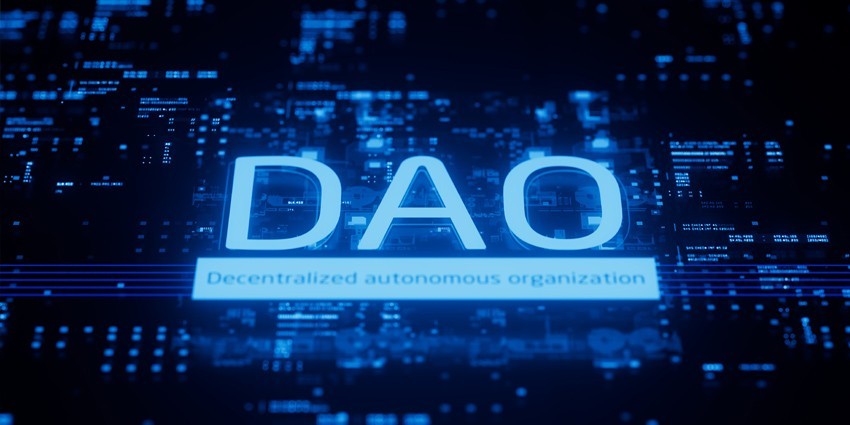Remember DAOs? Those decentralised autonomous organisations that promised a utopian future of community-driven governance and financial freedom? Well, the recent drama surrounding Olympus DAO, once a shining star of the DeFi (decentralised finance) world, has cast a long shadow of doubt over the entire movement.

Before we dive into the Olympus rumpus, let’s rewind a bit. DAOs burst onto the scene with revolutionary ideas. Imagine an organisation without a CEO, controlled entirely by its members through voting on proposals using crypto tokens. No more corporate suits pulling the strings – just the power of the people, fuelled by blockchain technology. It was intoxicating.
And wow, did the dosh flow. DAOs like Olympus, with their complex, high-yield strategies, attracted billions of dollars in investments. Champagne corks popped, virtual Lamborghinis were purchased (of course), and dreams of decentralised paradise danced in everyone’s heads.
But then, reality, that pesky party crasher, barged in. The carefully constructed house of cards that was Olympus DAO began to wobble. Accusations of founder manipulation, unsustainable tokenomics, and dodgy accounting practices swirled like a DeFi hurricane. And then, in May 2022, the crash. The price of their native token, OHM, plummeted, leaving many investors with nothing but empty wallets and a bitter taste in their mouths.
So, what does the Olympus saga tell us about DAOs? Was it just a grand Ponzi scheme, or are there valuable lessons to be learned?
The DAO Dilemma: Hype vs. Reality
Firstly, let’s be clear: DAOs are here to stay. The underlying technology and the ideals of community-driven governance are too powerful to simply disappear. But the Olympus episode serves as a stark reminder that not all DAOs are created equal. Just because something has “DAO” in the name doesn’t guarantee it’s a safe bet.
Here are some critical takeaways, served with a healthy dose of British scepticism:
- Transparency matters: The lack of transparency surrounding Olympus’ operations was a major red flag. Investors need to be able to see what’s going on under the bonnet, not just be swayed by flashy promises and charismatic founders with dodgy haircuts.
- Code is not law: Even the most sophisticated smart contracts can’t prevent human manipulation or unforeseen vulnerabilities. DAOs need robust governance mechanisms and active communities to keep things on the straight and narrow, like a well-run village pub committee.
- Sustainability is key: High-yield, complex strategies like those employed by Olympus are inherently risky. DAOs need to focus on long-term viability and building sustainable value, not just chasing quick profits like a bloke down the pub chasing last orders.
The Road Ahead: Building Responsible DAOs
The fall of Olympus shouldn’t be the end of the DAO story. It should be a wake-up call, a chance to learn and build better. We need to move beyond the hype and focus on creating DAOs that are truly community-driven, transparent, and sustainable.
Here’s how:
- Education is crucial: We need to educate potential DAO participants about the risks and rewards involved. Understanding the technology, tokenomics, and governance structures is essential before diving in, like knowing your ale from your cider before venturing into a country pub.
- Community focus is key: DAOs should be built with strong communities at their core. Active participation, open communication, and diverse perspectives are vital for healthy governance, like a good old-fashioned chinwag down the pub.
- Regulation is inevitable: The DeFi space, including DAOs, needs sensible regulation to protect investors and foster responsible innovation. We need some grown-ups to come in and set some ground rules, like a barkeep making sure no one gets too rowdy.
The future of DAOs is uncertain, but the potential remains immense. By learning from the mistakes of the past and embracing a more critical and responsible approach, we can build DAOs that truly live up to their utopian promise. Remember, it’s not about lambos and moonshots, but about harnessing the power of community and technology to create a more equitable and participatory future. So, the next time you hear about a DAO, don’t just jump on the bandwagon. Do your research, ask questions, and be an active participant in shaping the future of this transformative technology.
Let’s write a new chapter in the DAO story, one built on transparency, responsibility, and community.

